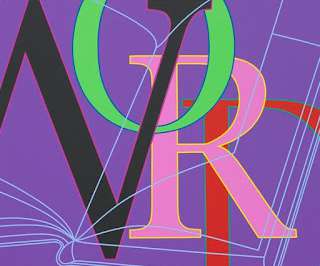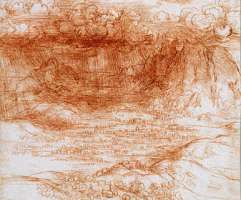A Proposed Strategy to Advocate for Improved Civil Protection in the United Kingdom
Emergency Planning
MAY 6, 2024
The lessons of the Covid-19 pandemic, alas largely negative, show that a good civilian system designed to protect the public against major hazards and threats can save thousands of lives and billions in losses and wasted expenditure. For years, local authorities have been starved of funds and resources. that are pertinent to the field.












Let's personalize your content